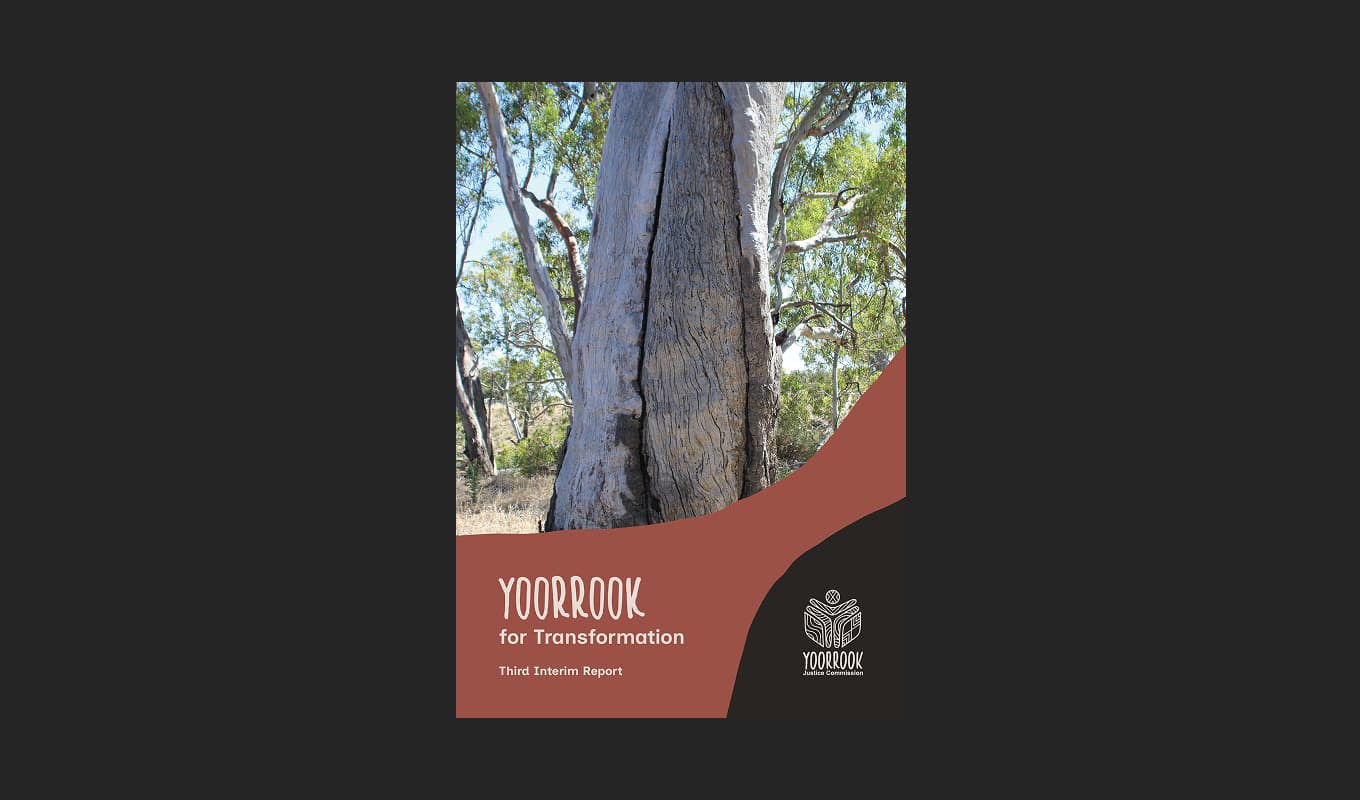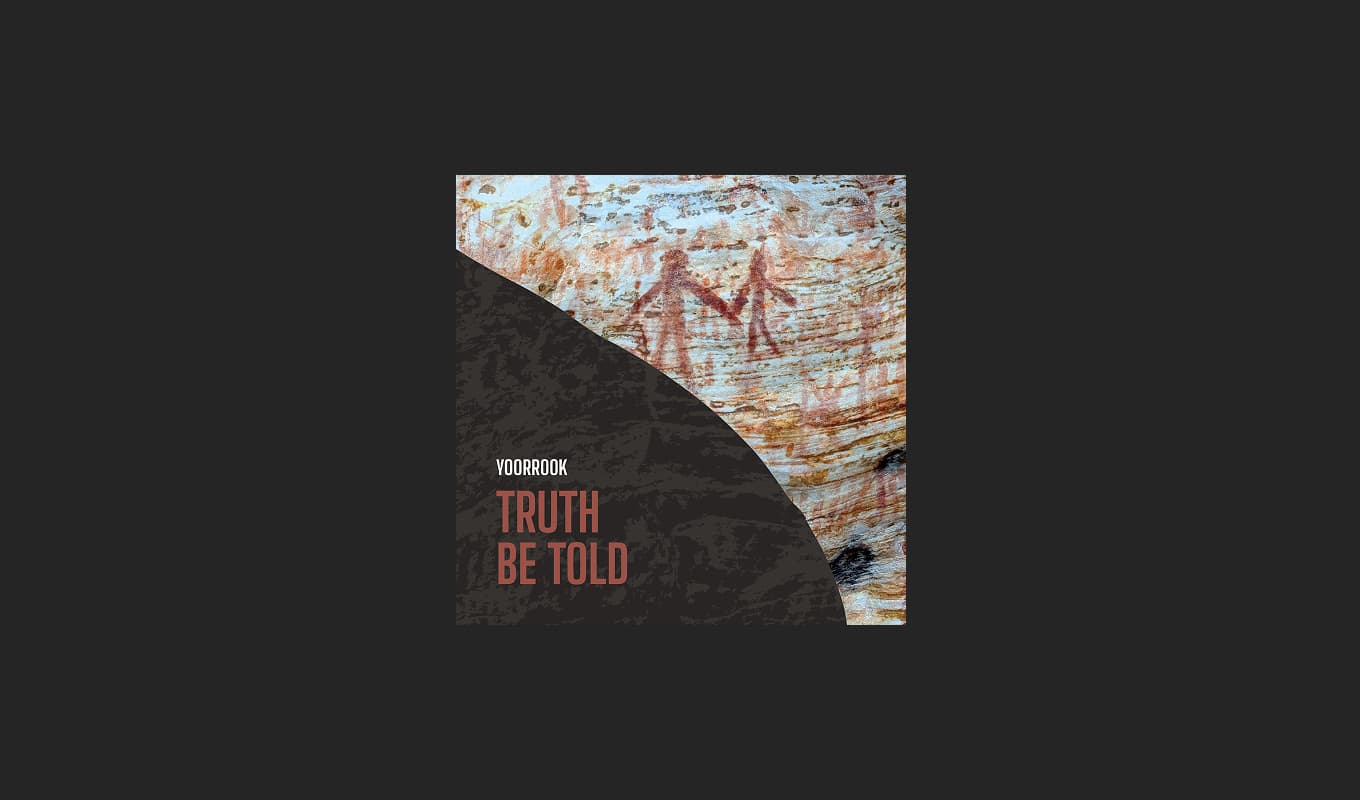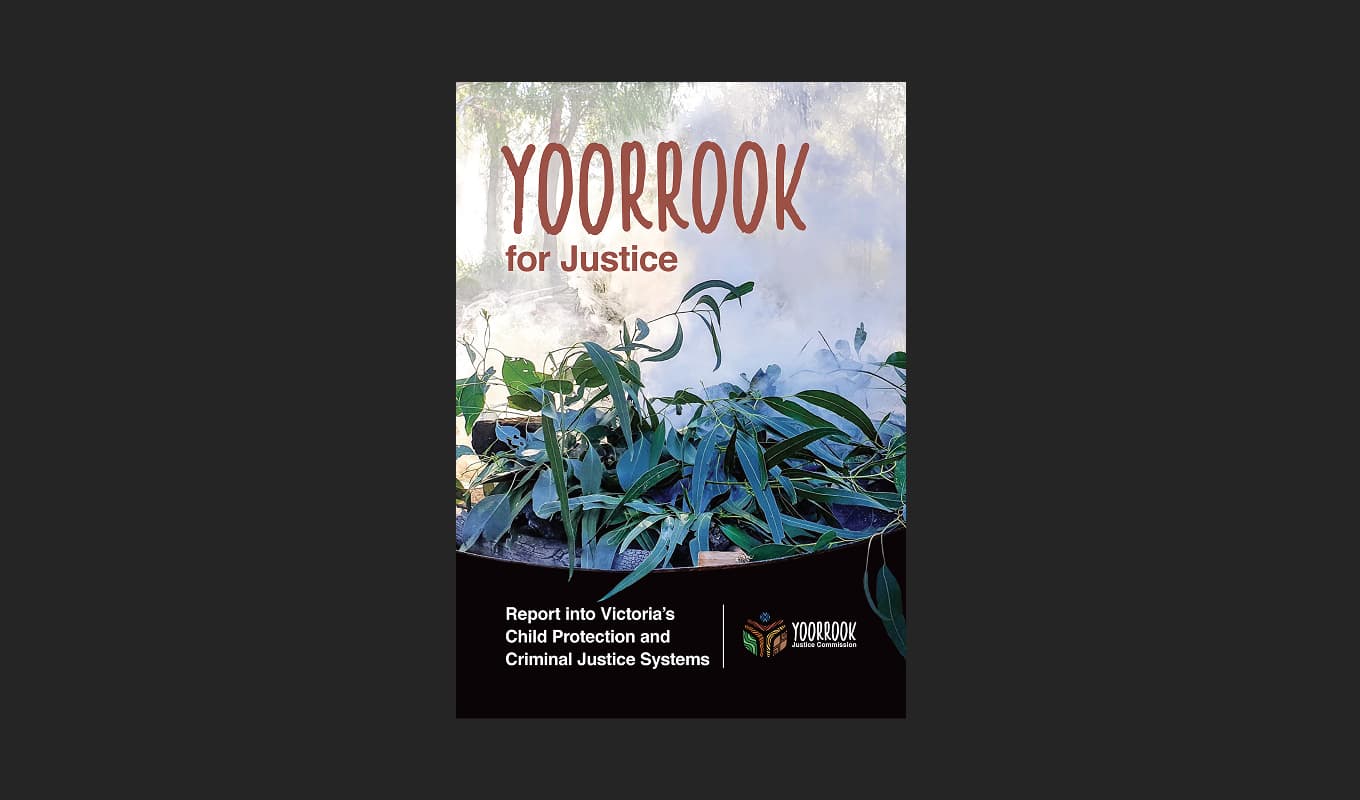Carolyn Alexander
Carolyn Alexander, through personal reading, understands the impacts of colonisation, including violence and dispossession. She criticises the lack of comprehensive education on First Nations history and calls for truth-telling through the Yoorook Commission, education, and media engagement to promote First Peoples' history and culture.
Submission Transcription
I only know the impacts of colonisation, because of my own reading and quest for more information on First Nations in Australia and around the world subject to discrimination and cruelty under colonisation. Squatters moving in and threatening those that lived there, and probably paying others to murder, ruining waterholes… Whalers using women for sex, men and families murdered in their villages and camps, any survivors eventually lured off their country into reserves and given only tea, sugar and the poor cuts of meat. Expected to work but not paid appropriately.
I was in Primary school in NSW so don’t know exactly what occurred in Vic, but no doubt similar as all the white anglo saxon culture looks down on people with darker skin as savages that need European so called civilising…Children taken and put in orphanages that used them for chores, leaving them bereft of familial love and culture, training them for domestic work if female. In NSW in the 1960’s I remember having to draw pictures of stick like people holding spears and having corroborees. Not comprehensive at all.
As the decades have gone by of course some conditions are better for education and wealthier people send there kids to college, and a few schools teach First Nation languages and customs, but many people remember living on the fringes of towns and in poor areas of cities, of being refused proper services as was given to non aboriginal people, or being fostered in inappropriate homes and abused or discriminated against at home or in schools. So many people in the South West of Victoria, eg those who inherited properties from stolen land or given as returned soldiers land are on properties taken for sheep etc, still succumb to fear-raising rhetoric by innately racist white men mostly and some women, of Aboriginal People taking their land back via state or federal directives…that was the main reason for most of them here saying No to the referendum apparently. Makes me as mad as Hell but what can one do to change peoples unenlightened mindsets…any one who thought the Referendum was a good idea they considered “woke”…
BY what is happening now with the Yoorook Commission, speaking to schools, groups and media, and writing and publishing books…speaking up when they see an error in written or spoken media.
BY what is happening now with the Yoorook Commission, speaking to schools, groups and media, and writing and publishing books…speaking up when they see an error in written or spoken media.
Truth-teller consent
Contact us about this submission
Contact us if you’d like to discuss this submission.
Similar submissions
Explore submissions from other witnesses that discuss similar topics.
Viki Sinclair (Fowler)
Viki Sinclair is a direct descendant of one of the original settlers of Gippsland, Colin McLaren. In this submission, she tells her personal story of... more
Prof. Mark G. Brett
Prof. Mark G. Brett's paper, "Reinventing Waste Land as a Colonial Legal Fiction," explores the historical development of the concept of waste land fr... more
Barbary Clarke
Barbary Clarke and Jason Clarke, descendants of Alfred Deakin and William John Turner, also known as Big Clarke, discuss aspects of their family's his... more
Reports and Recommendations
Read the official reports and recommendations of the Yoorrook Justice Commission.

Yoorrook for Transformation
Third Interim Report: A five-volume comprehensive reform report presenting evidence and findings on systemic injustices, and specific recommendations for meaningful change to transform the future.

Truth Be Told
An official public record that documents First Peoples experiences since colonisation, preserves crucial testimonies for future generations and creates an enduring resource for education and understanding.

Recommendations for change
Yoorrook Justice Commission’s recommendations for truth-telling, justice, and systemic reform in Victoria.

